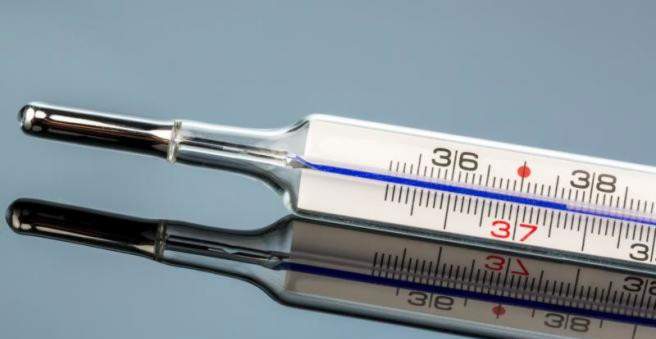SIRS is the medical term for a severe inflammatory reaction of the body to an external influence. Systemic inflammatory response syndrome may be caused by pathogen toxins as well as serious injuries or burns. Due to the massive reaction, the body tries to ward off damage, but damages itself. Read here everything you need to know about SIRS!

SIRS or sepsis?
One speaks of a SIRS (systemic inflammatory response syndrome), when it comes to an inflammatory reaction of the entire body, without a certain pathogen can be detected as a trigger or suspected. If, on the other hand, it is possible to detect a pathogen in the blood responsible for the reaction, this is called sepsis. The distinction is important to make therapy decisions. In the treatment of SIRS and sepsis, it is important to address the underlying problem.
An entire body noninfectious inflammatory response can be triggered by many factors. These include:
- burns
- injury
- large organ damage
- severe allergic reactions (anaphylaxis)
- Organ inflammation such as pancreatitis.
- heavy bleeding
- Undersupply of tissues or organs with oxygen (ischemia), e.g. in a stroke or heart attack
SIRS criteria:
To be considered SIRS (systemic inflammatory response syndrome), at least two of the following four SIRS criteria must be met:
- Fever (38 ° C) or hypothermia (36 ° C), measured rectally or via catheter probe in a blood vessel or urinary bladder
- accelerated heart rate (tachycardia) to at least 90 beats per minute
- fast breaths (tachypnoea) with more than 20 breaths per minute or hyperventilation (measurable by CO2Content in the blood)
- increased white blood cells in the blood (leukocytosis: ≥12000 / μL) or decreased (leukopenia: ≤4000 / μL)
SIRS-treatment:
Primarily, in the treatment of SIRS, attempts are made to stabilize the circulation with infusions and possibly vaso-shrinking agents (vasopressors). In addition to supplementary standard therapies such as thrombosis prophylaxis and pain therapy, surgery must also be considered if the cause of the SIRS is, for example, organ damage or burns. Because for the sustainable treatment of a SIRS, it is important to detect its trigger and, if possible, switch off. The prognosis of SIRS depends on the cause, the general health of the patient and a possibly existing organ failure.